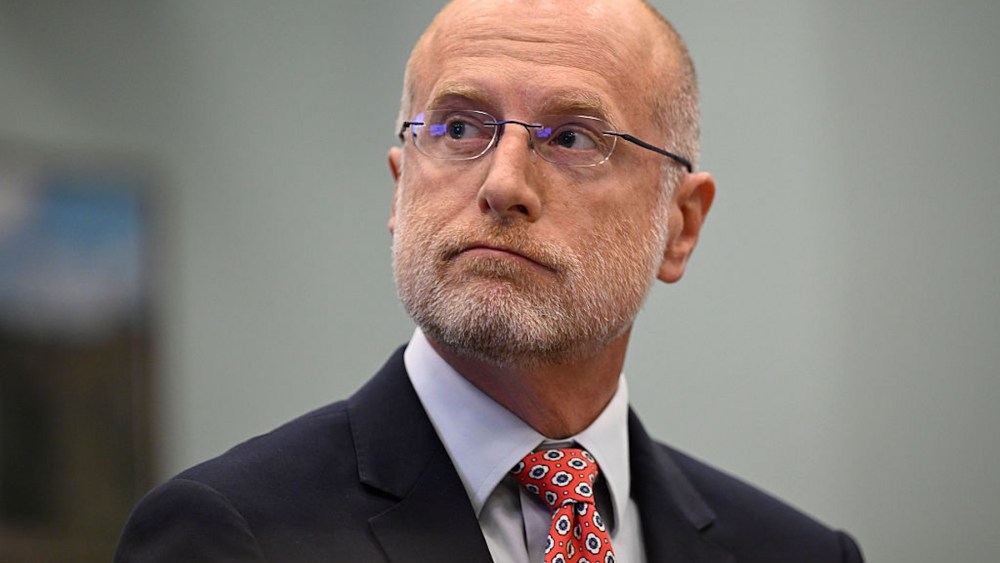The National Association of Broadcasters (NAB) and several broadcast companies called for a repel of the FCC‘s longstanding national TV ownership rule on Friday. NAB’s new filing with the FCC comes on the heels of TV station group giant Nexstar‘s announcement earlier this week of its intention to acquire competitor Tegna and amid regulation changes being considered by the Trump administration.
NAB says the request made to the FCC “emphasized that the decades-old rule prevents local stations from achieving the scale needed to compete with global tech and streaming giants like Google/YouTube, Amazon, Meta and Netflix – none of which face similar restrictions.”
Under the current FCC 39% ownership-cap rule, the Nexstar-Tegna deal would not be allowed. FCC chairman Brendan Carr, speaking at the Milken Institute Global Conference this past May, reiterated his call for the FCC to reform what he called “arcane artificial limits” on TV station ownership.
In a statement to Variety Friday, Senator Elizabeth Warren opposed the Nexstar-Tegna deal and NAB’s request for the FCC to abolish the rule that would prevent it from going through: “Except for corporate executives, no one is asking for giant companies like Nexstar to gobble up more local news stations, fire reporters, and jack up prices for Americans. Rules exist that protect consumers by prohibiting megadeals like this one and preventing companies from exercising monopoly power — and the government must enforce those rules.”
NAB claims “there is no credible justification for preserving an analog-era rule that no longer aligns with how Americans consume media or how advertising markets function.”
“This filing reflects an extraordinary level of consensus across America’s broadcasters,” NAB president and CEO Curtis LeGeyt said in a statement. “The message is clear: it is time to eliminate the outdated national TV ownership cap. Broadcasters are united in calling on the FCC to level the playing field and give local stations a fair shot to compete, invest in journalism and continue providing our communities with trusted news and public safety information. The record leaves no doubt that the public interest is best served by empowering broadcasters, not restraining them.”
